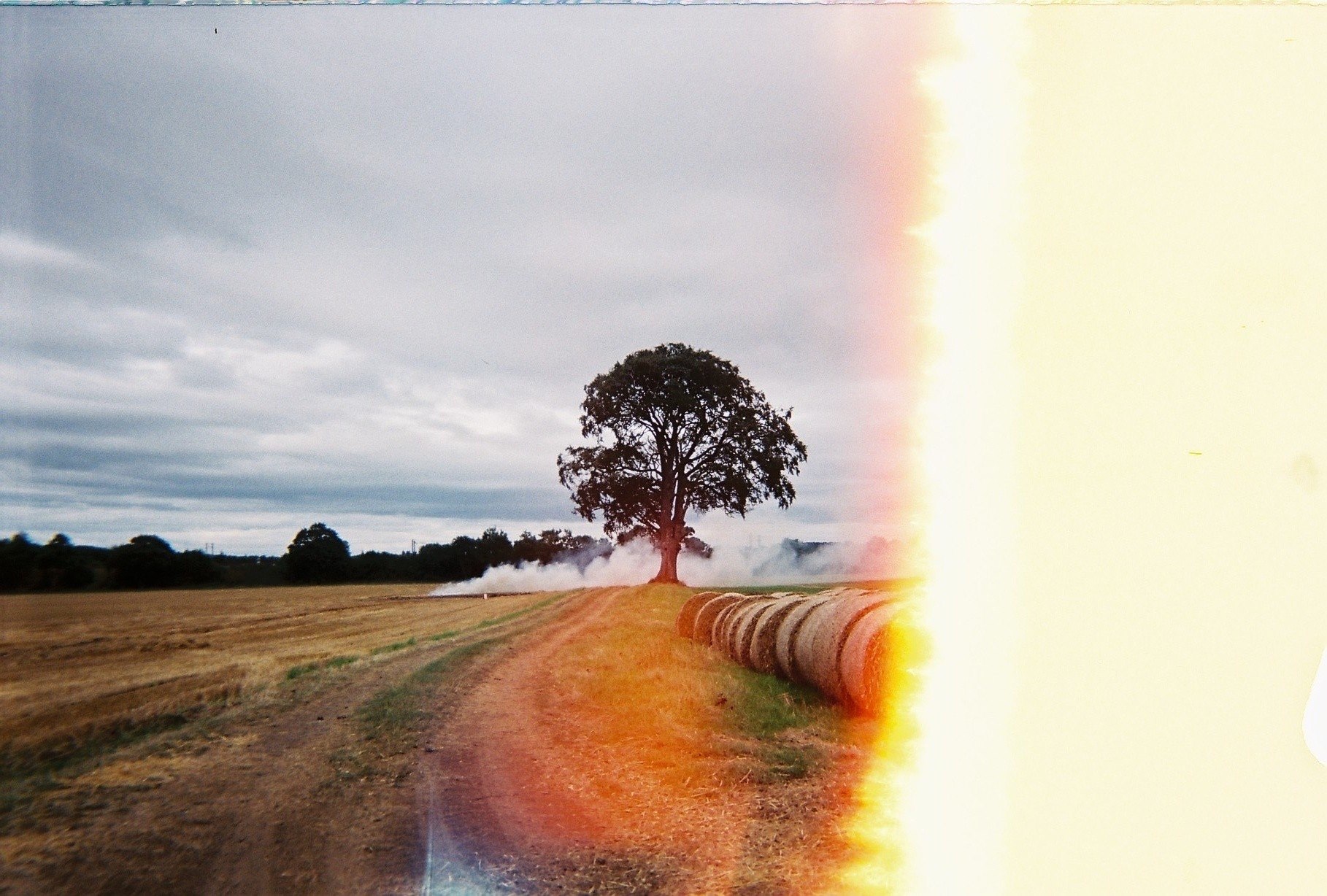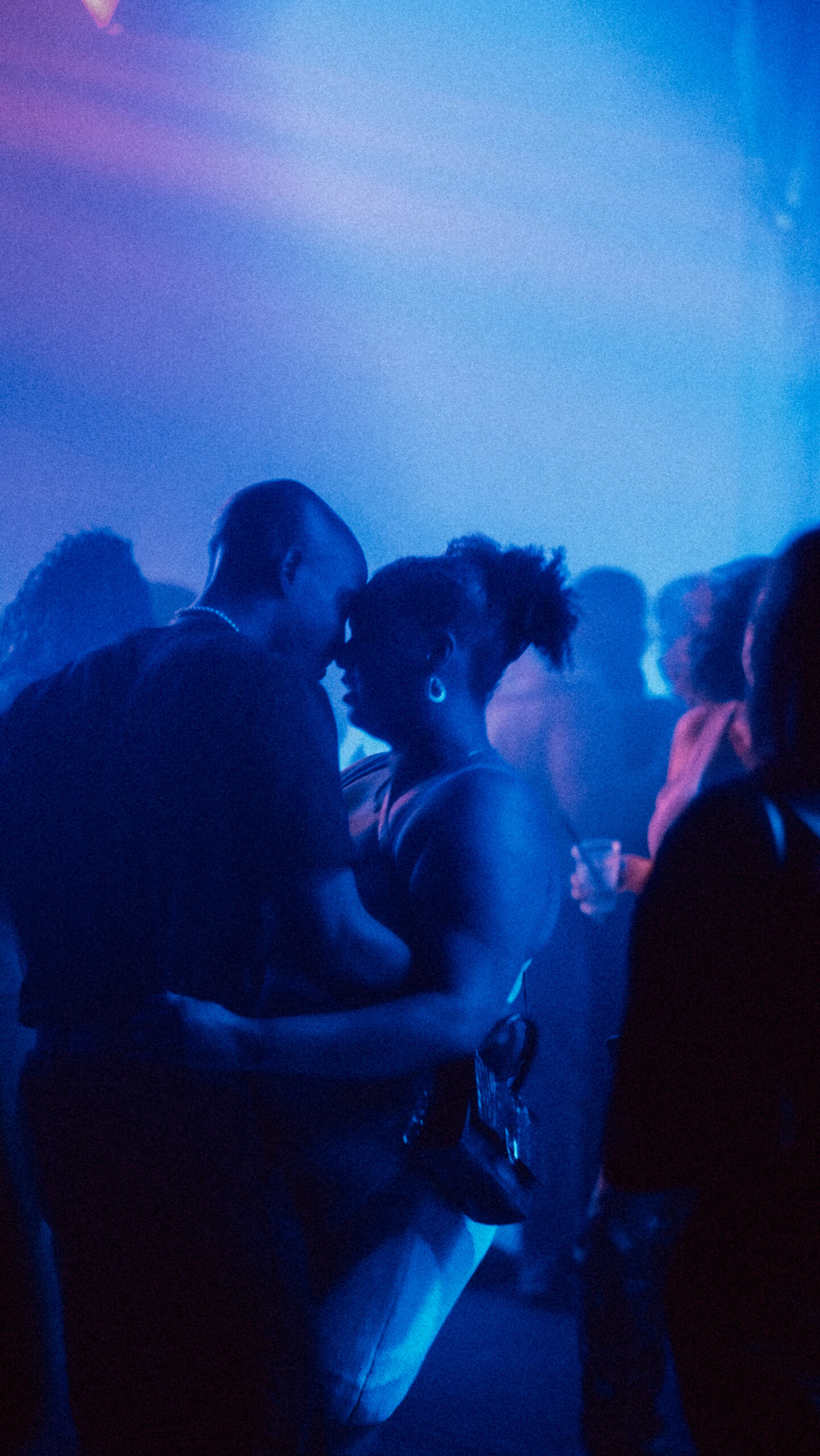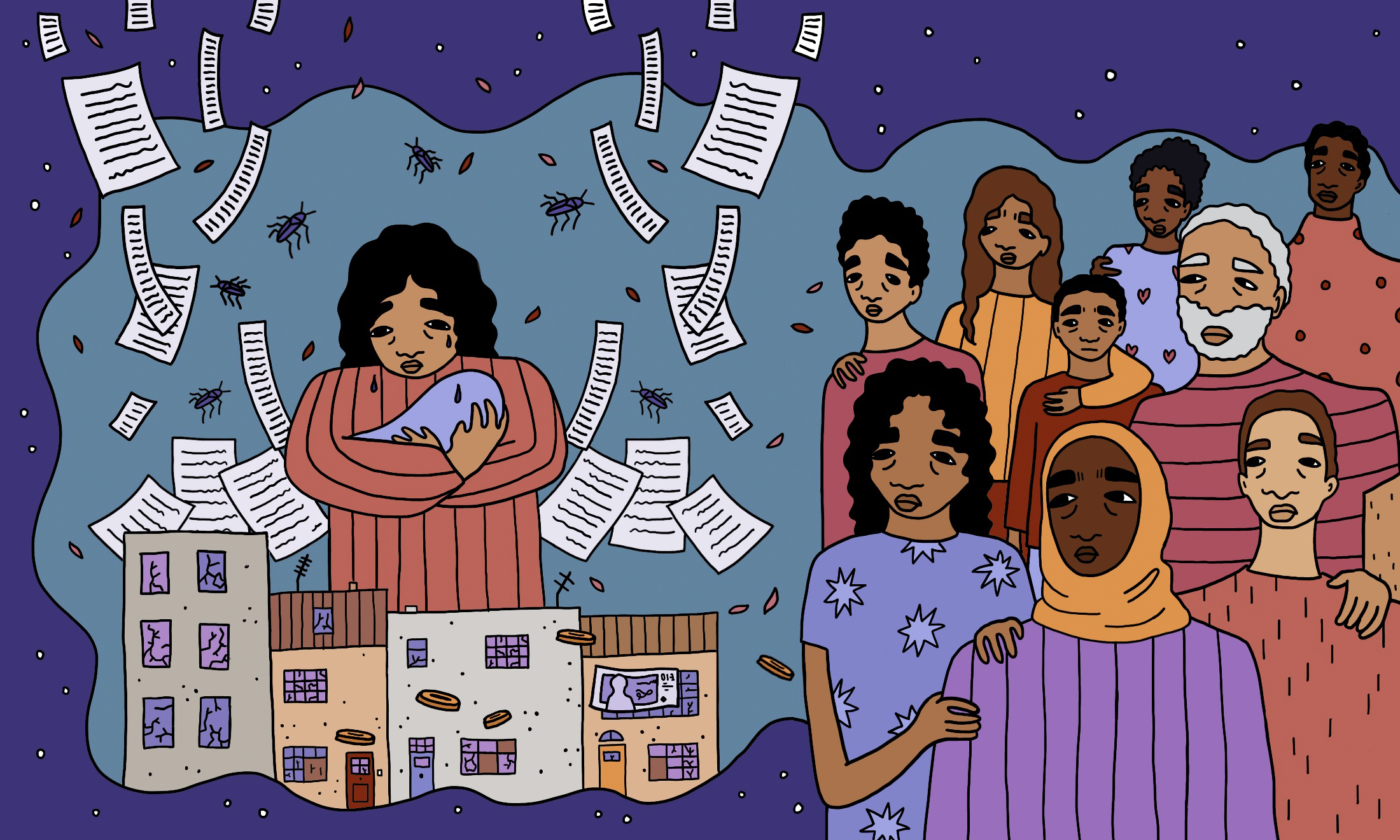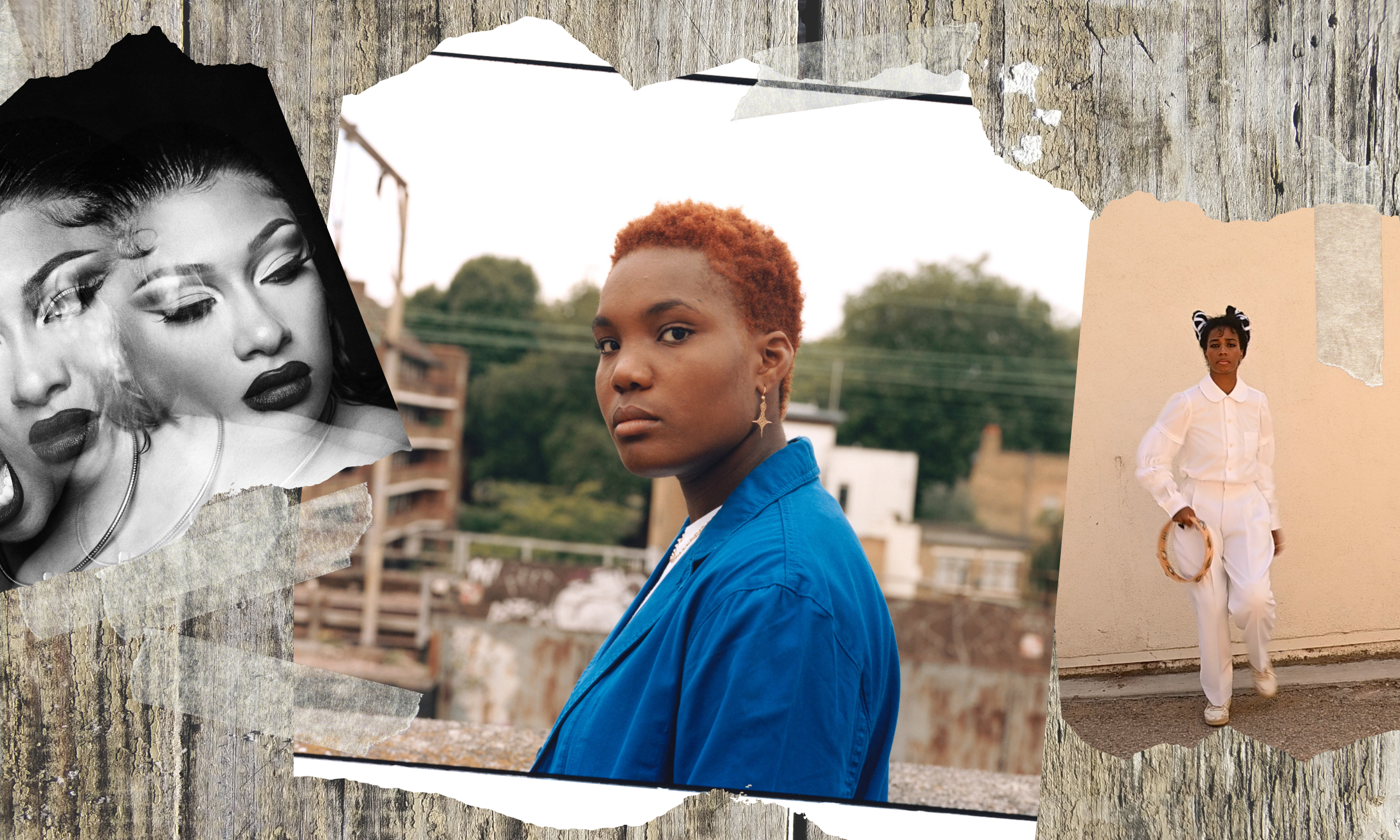
Hello. My name is Ailsa and I am the product – as is everyone – of a gloriously messy mix of inextricably tangled threads. At the moment, in my 22-year-old life, I am a photographer, maths student at the Open University, maths tutor, dancer, writer, vegan, intersectional feminist, part of TIGER (Teaching Individuals Gender Equality & Respect) , an effective altruist, occasional barista, lover of incredible humans and an over-user of lists. I am also bipolar.
For those of you who don’t know, bipolar disorder (or manic depression) is characterised by extreme changes in mood – often from depression into mania and/or hypomania or the other way around and sometimes with stable periods in between episodes. If you would like to read more about bipolar you can do so on Mind’s excellent website.
Bipolar disorder is a term used for many different manifestations of the illness, each of which have their own particular challenges. My current diagnosis is of bipolar II, which is characterised by severe depressive episodes alternating with episodes of hypomania.
To put this in more human and relatable terms, here are some of the ways in which I am affected by my bipolar. (Please bear in mind that this is just one human’s experience, and that there is a huge range out there).
I feel everything very intensely: I am very rarely just sad or happy. Instead, I will be euphoric or a weeping puddle of phlegm and tears- even in stable periods. In place of happiness I feel ecstasy and have a tendency to vomit words and enthusiasm over people about colours, light, cool facts, or anything else that happens to ignite my brain and set it roaring with flames of fervour. On the flipside, sadness for me often means feeling like my stomach has been turned inside out and continuously punched by how much sorrow I experience. This can either be triggered by something traceable – like reading too much news – or just hit me out of the blue, again, even when I am in a more stable state.
I also experience depressive lows for periods of time ranging from a few hours to several months.
For the past 7 weeks though, I have been hypomanic. It’s been wonderful. But one thing I have been struggling with is how little information about first-hand experiences of mania and hypomania there is out there. I am so thankful for how much the conversation about mental health has opened up recently, and it has led to me having lots of access to conversations and blog posts and excellent comics about depression, but I think there is a huge gap when it comes to the highs that so many people with bipolar (and some other disorder like borderline personality disorder) experience.
As a result of my frustration with this lack of information, but also because I love photography and writing and they are some of my main, healthier, coping mechanisms, I decided to try and document my hypomania using those mediums. I chose to shoot on disposable cameras because I feel like the spontaneity, expendability and cost all tie in very well with the characteristics of hypomania. Practically, it also means that I don’t need to worry about carrying around one of my expensive cameras while running around places and people doing silly, often reckless, things.
Throughout my life I have often been asked what drug I’m on due to my energy and enthusiasm and, most often, the answer is nothing. The same thing has happened various times during this current episode of hypomania and, as a result, I am calling this documentation project high whilst sober.
At first I kept high whilst sober fairly low key and didn’t advertise it to anyone. But, after talking to friends – strangers, and strangers who have very quickly become friends – I decided to put it out there more. My main reasons for doing so are:
- aforementioned frustration with lack of information out there
- hope that it will give at least someone some kind of insight into what hypomania can look and feel like
- that it will give some kind of explanation to those who know and/or love me as to why I’ve been so hyper and distracted and hard to get hold of
- hope that it will help others who have similar experiences feel less alone and less weird
It’s a huge cliche but also so, so true that if I can help just one person in any kind of way then it will have been worth the fear of overexposing myself and being seen as attention-seeking and mad and arrogant and manipulative. And I already know I have helped people in the past through talking and writing about depression, which gave me the confidence to put high whilst sober out into the terrifying ether that is the internet. Every time I get a message – either out of the blue or from a close friend – about how my openness about my experiences of mental illness has helped them, it not only makes my day but also gives me the courage and determination to keep on talking and opening up and letting myself be vulnerable. I very much believe that, in the case of mental health – or lack thereof – the more information we have out there the better.
Other resources:
Stephen Fry’s very empathetic documentary on manic depression
Kay Redfield Jamieson’s book: An Unquiet Mind











